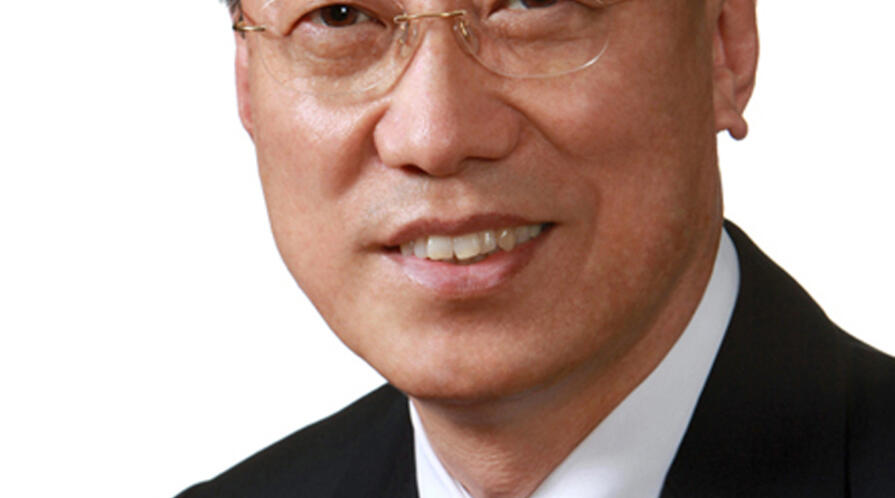Joon-woo Park, 2011-2012 Koret Fellow, to explore South Korean foreign policy

In September, Joon-woo Park, a former senior diplomat from Korea, will join the Korean Studies Program (KSP) at Stanford University’s Walter H. Shorenstein Asia-Pacific Research Center (Shorenstein APARC) as the program’s 2011–2012 Koret Fellow.
Park brings over thirty years of foreign policy experience to Stanford, including a deep understanding of the U.S.-Korea relationship, bilateral relations, and major Northeast Asian regional issues. In view of Korea’s increasingly important presence as a global economic and political leader, Park will explore foreign policy strategies for furthering this presence. In addition, he will consider possibilities for increased U.S.-Korea collaboration in their China relations and prospects for East Asian regional integration based on the European Union (EU) model. He will also teach a Center for East Asian Studies course during the winter quarter, entitled Korea's Foreign Policy in Transition.
Park first served overseas in the mid 1980s at the Korean embassy in Washington, DC, during which time he studied at the prestigious Paul H. Nitze School of Advanced International Studies (SAIS) at the Johns Hopkins University. He played a critical role in strengthening Korea’s foreign relations over the years, serving in numerous key posts, including that of ambassador to the EU and Singapore, director-general of the Asian and Pacific Affairs Bureau of the Ministry of Foreign Affairs and Trade (MOFAT), and presidential advisor on foreign affairs. Park worked closely for over twenty years with Ban Ki-moon, the former South Korean diplomat who is now the secretary-general of the United Nations.
In 2010, while serving as ambassador to the EU, Park signed the EU-South Korea Free Trade Agreement (FTA) in Brussels. That same year he also completed the Framework Agreement, strengthening EU-South Korea collaboration on significant global issues, such as human rights, the non-proliferation of nuclear weapons, and climate change. Park’s experience with such major bilateral agreements comes as the proposed Korea-U.S. FTA is nearing ratification.
Park worked for seven years at the Korean embassies in Tokyo and Beijing, gaining significant in-the-field expertise with Northeast Asian regional issues. During his tenure as director-general of MOFAT’s Asian and Pacific Affairs Bureau, he handled sensitive, longstanding issues relating to regional history, such as the depiction of historical events in Japanese textbooks and the treatment of the history of the Goguryeo kingdom in China’s Northeast Project. Such issues of history and memory are among Shorenstein APARC’s current key areas of research.
In addition to his studies at SAIS, Park holds undergraduate and graduate degrees in law, both from Seoul National University. He also served as a Visiting Fellow at Keio University in 1990.
“With South Korea playing an ever larger role not only in East Asia but also globally, we could not be more pleased to have Ambassador Park join us,” says KSP director Gi-Wook Shin. “He is one of his country’s most experienced and capable diplomats, and his presence at Shorenstein APARC will allow us to put a sharper forcus on Korea’s role in world affairs.”
The Koret Fellowship was established in 2008 through the generosity of the Koret Foundation to promote intellectual diversity and breadth in KSP, bringing leading professionals in Asia and the United States to Stanford to study U.S.-Korea relations. The fellows conduct their own research on the bilateral relationship, with an emphasis on contemporary relations, with the broad aim of fostering greater understanding and closer ties between the two countries.
